Renovating your home is an enormous undertaking, no matter how lavish or understated your vision. It takes plenty of time and money to bring your dreams to life when it comes to home remodelling.
If you’re planning to do some renovations to your home to improve its value or livability, be sure to avoid these common mistakes:
Choosing the Cheapest Contractor
Some things are too good to be true and the cheapest contractor's prices may be a reflection of their experience.
Be sure to get at least 3 estimates from various reputable, licensed, and insured contractors. Each estimate should include the project details, insurance, general contractor fees, and warranty info on the work. If the estimate isn’t thorough, it could be a sign that the contractor is inexperienced or merely guessing, hence not qualified to complete the work.
Prior to meeting your contactors, create a list of questions that you’ll ask each contactor, think of it as an interview. Be sure to ask if they are licensed, bonded, insured, and if they have previous experience with the type of work you require.
If you’re still unsure, ask to see some examples of previous work and contact any references they can provide.
Budget
Home renovations can be costly, and more often than not, something unexpected comes up that will likely cost you more than you had planned on spending.
For this reason, it’s always best to budget appropriately and leave room for error and additional costs.
Measure and Measure Again
We’ve all heard the old saying, “measure twice, cut once” and this rings especially true when it comes to home renovations.
Supplies, materials and trades are expensive, and the time it takes for delivery and installation can be considerable. Therefore, it is important to always double- and triple-check your work before doing anything permanent.
Cheap Supplies
It may seem as though you’re getting a great deal, but cheap supplies updates and replacements sooner than expected.
It’s recommended not to skimp on supplies or materials but instead cut out things that won’t greatly impact the overall design.
For example, if you’re renovating your kitchen, it's best not to buy the cheapest cabinets, but instead, save costs on hardware and backsplashes which can be easily and affordably replaced.
Too Trendy
While trends are significant, they are also fleeting, what’s in today is out tomorrow.
When making home renovations, steer clear of anything that is too trendy and try to focus on classic trends such as neutral colours, open spaces, and easy-to-maintain additions.
You may, however, not want to go as far as open spaces between bedrooms and bathrooms. While it looks nice, the lack of privacy isn’t for everyone.
Too Much DIY
Do-It-Yourself projects have skyrocketed in recent years, especially with the trend of home renovation shows taking over the TV networks.
However, it is important to remember that while the DIY route might be fine for small aesthetic projects, when it comes to the structural integrity of your home, hiring a qualified professional can save you plenty of headaches and money in the long run.
Building Permits
Before making any structural changes to your home, be sure to check with your city or town to find out if your project requires any building permits.
Skipping this step could cost you thousands of dollars, especially if you violate a bylaw and need to remove the entire structure or addition.
It’s always best to be on the safe side and make the call or visit to your local municipality office to enquire prior to beginning any work.
As you navigate the home renovation process, keep these tips in mind.
By hiring a qualified professional, setting a realistic budget, and using quality supplies, your home remodel can increase the value of your home drastically!
If you’d like to chat about which home renovations will add the most value to your home, contact us at jprealestateservices.com. We’d love to be of value to you!

 Subscribe with RSS Reader
Subscribe with RSS Reader




















